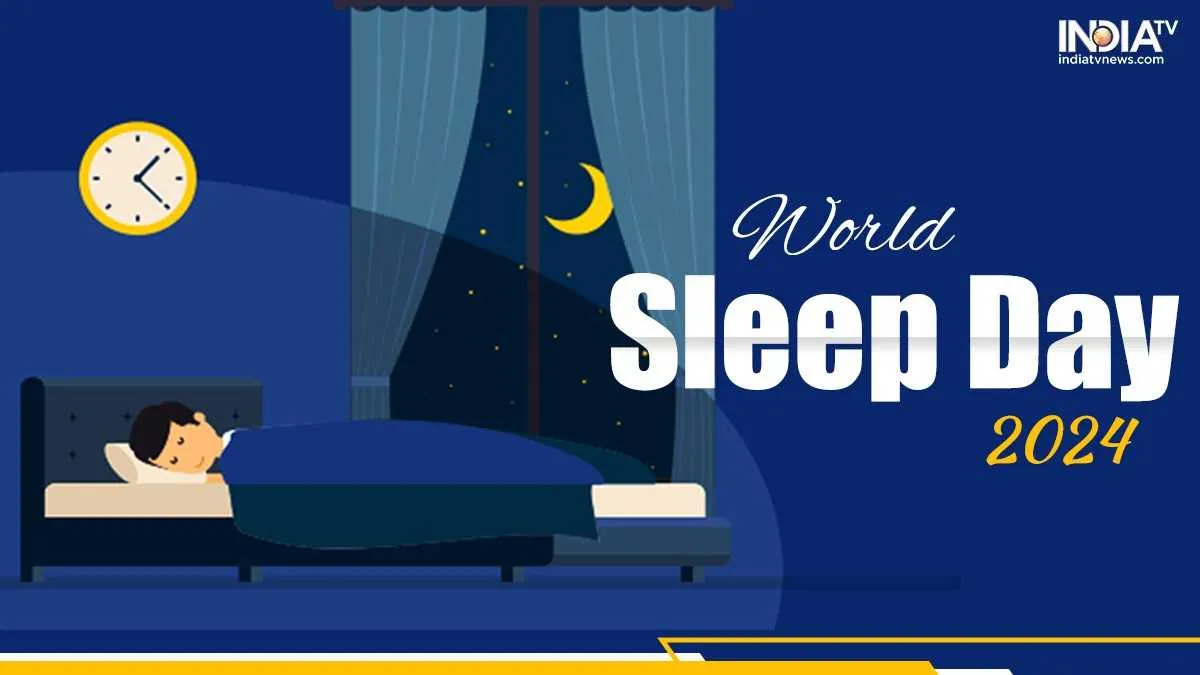World Sleep Day is a global call to action to emphasise the importance of healthy sleep. But between busy schedules and societal pressures, achieving a good night's rest can feel elusive. On top of that, plenty of myths about sleep persist, making it even harder to establish healthy sleep habits. This World Sleep Day, let's debunk 5 common myths and shed light on the realities of achieving restful sleep.
Myth 1: Watching TV or using smartphones before bed helps you relax
Contrary to popular belief, the blue light emitted by screens can interfere with your body's production of melatonin, the hormone responsible for regulating sleep-wake cycles. Engaging in screen time before bed can disrupt your ability to fall asleep and reduce the overall quality of your rest. Instead, opt for calming activities like reading a book or practising relaxation techniques.
Myth 2: Sleeping with a light on is harmless
Many people believe that sleeping with a nightlight or leaving a lamp on while they sleep is innocuous. However, exposure to artificial light, especially blue or white light, can disrupt the body's natural production of melatonin, making it harder to fall asleep and reducing the overall quality of sleep. To create an optimal sleep environment, ensure your bedroom is dark and free from sources of artificial light.
Myth 3: Napping makes up for a lack of nighttime sleep
While napping can provide a temporary boost in alertness and performance, it cannot fully compensate for inadequate nighttime sleep. Moreover, excessive or prolonged napping during the day can interfere with your ability to fall asleep at night and disrupt your overall sleep-wake cycle. Instead of relying on naps to make up for lost sleep, prioritise maintaining a consistent bedtime routine and aim for sufficient nighttime sleep to promote optimal health and well-being.
Myth 4: Alcohol helps you sleep better
While alcohol may initially make you feel drowsy, it can disrupt the later stages of sleep, leading to fragmented and less restorative rest. Additionally, alcohol acts as a diuretic, increasing the likelihood of nighttime awakenings to use the bathroom. Limit alcohol consumption, especially in the hours leading up to bedtime, to ensure a more restful night's sleep.
Myth 5: Snoring is harmless and only affects the person snoring
Snoring is often dismissed as a benign annoyance, but it can be a sign of underlying sleep disorders like obstructive sleep apnea (OSA), which is associated with serious health risks, including hypertension, heart disease, and stroke. If you or your partner snore regularly, consult a healthcare professional for evaluation and potential treatment options.
ALSO READ: From Comfortable Environment to Relaxation Techniques: 5 steps to achieve that perfect nap

